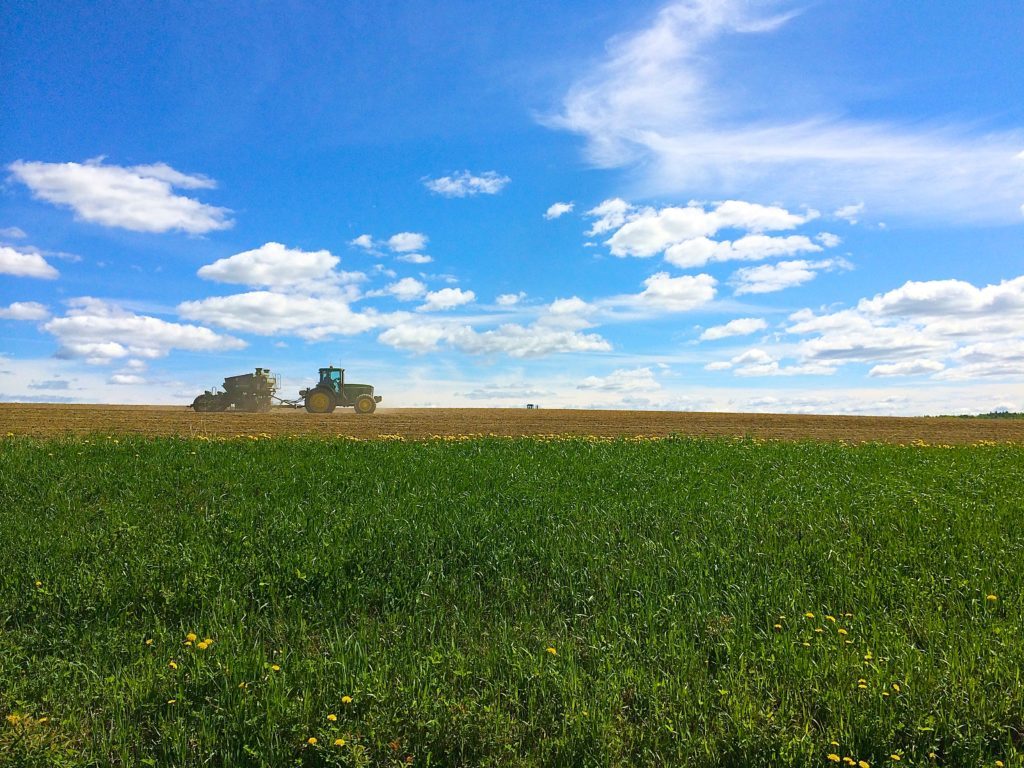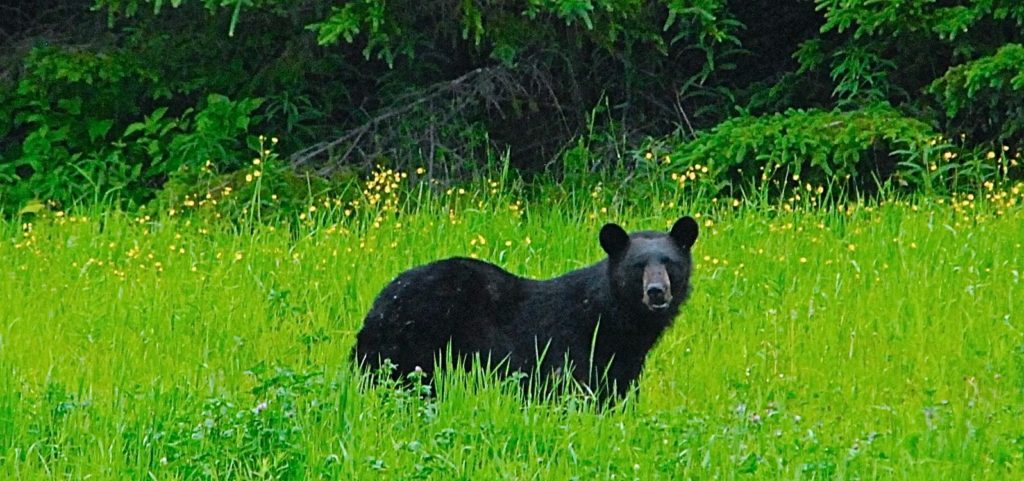If you enjoy food and clothing, you know why farmers are important
When you consider everything you eat comes at least in part from a farm, it’s easy to see why farmers are important in society.
Farmers grow crops and raise livestock or poultry we eventually eat — whether that food is purchased by the consumer in its organic state at the farm or ends up combined with other ingredients in items like bread, pasta, canned soups, frozen dinners and breakfast cereal.

Farmers also raise the fiber crops that are turned into the fabrics that become the clothes we wear.
It’s safe to say, without farmers we’d all be hungry and naked, which is a big part of why farmers are important.
But it’s not the whole story.
Connection to the land
Tori Jackson, professor of agriculture and natural resources with the University of Maine Cooperative Extension Service, works with farmers around Maine and she said beyond growing crops, farmers provide an important link between people and the land.
“Farmers help keep us connected to the land,” Jackson said. “Even if the only relationship a person has with a farmer is through buying food at the store, that food still connects that consumer back to the farmland.”
When that connection is acknowledged and appreciated, Jackson said, non-farmers become aware of the importance of farmland and its preservation.
“Farmers also maintain open spaces, often for the benefit of others,” Jackson said. “In the winter or in other non-growing seasons many farmers allow recreational activities on their land.”
When farmers allow the public to use their land, off-farming season activities can include cross country skiing, snowshoeing, hiking, bicycling or snowmobiling.
“These kinds of opportunities are really important,” Jackson said. “Especially for those people who have no land of their own.”
Land and wildlife stewards
“Farmers really are some of the best stewards of the land and nature we see today,” said Ellen Sabina, outreach and communications director for Maine Farmland Trust. “What farmers do for wildlife management is so important.”
Farmers, according to publications produced by Purdue University Cooperative Extension Service, can play a huge role in the survival and productivity of wildlife by managing the quality of food, water and cover available on farmland.
By planting seed-producing grasses over highly erodible areas on a farm, the farmers not only reduce soil and nutrient runoff into waterways, they also reduce the amount of land erosion and provide cover for ground nesting birds.
Holding off on mowing those fields until the end of summer allows the nesting birds plenty of cover to grow in a protected spot until they fledge and leave the nest.
Larger mammals like deer and bears will often feed in these fields on natural vegetation that is allowed to grow up into the planted grasses.

Farmers can also plant so-called “food plots” for wildlife like soybeans, millet, rye or buckwheat that are excellent sources of nutritious food for animals. These plots don’t need to be more than a quarter-acre in size to benefit wildlife, according to the Purdue publication.
Maintaining woodlands on farmland also gives wildlife cover and maintains habitat, according to Sabina.
“Our environment would look very different without these farmers,” Sabina said. “We would not see as many open spaces or the healthy wildlife that we currently do.”
Genetic diversity
Farmers, especially those who farm on smaller scales using heritage seeds, are crucial in maintaining the genetic diversity of the food-producing seeds and livestock in this country, Jackson said.
“Otherwise we could easily see the same handful of [food] species used throughout the country,” Jackson said. “Many of the smaller farms are crucial in the move to save heritage breeds.”
The genetic diversity found in these heritage breeds often leads to more vibrant and disease-resistant plants and animals because they have built up those resistances naturally over time.
They are also well adapted to their home environments where they can thrive without the use of artificial — and often expensive – chemicals or medications.
“Heritage breeds and seeds tend to produce food that tastes better and is healthier for us,” Jackson said. “And because fewer chemicals are used, it’s better for the environment.”
Key members of the community
“Farmers grow the food we eat every day,” Sabina said. “They also add so much to a region’s sense of place and character.”
Part of their place in a community is what they bring to the economy, Jackson said.
“They support their local economies,” Jackson said. “They support a number of farm-related businesses from tractor dealerships to animal feed supply businesses to the insurance company with whom they hold policies.”
All that money spent locally can have a significant economic multiplier effect, Jackson said.
“Farmers are fundamentally important to our society,” Sabina said. “It’s up to all of us to support them and help them keep up farming or they could be lost to us forever.”
